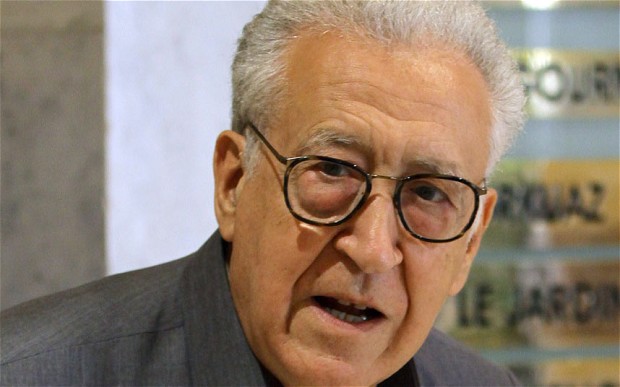The National Planning Institute, a state-run entity, issues an annual report on human development in Egypt. The issuance of this report in collaboration with the UNDP gives it a little bit of objectivity. It is, therefore, considered a reliable source to a reasonable extent for those observers of Egyptian society from one year to another, particularly if they succeed in neutralizing some of the assessments contained therein that reflect bias towards government policies.
The results of this report were announced a few days before the World Economic Forum in Sharm El-Sheikh last week. This coincidence was not in the interests of Egyptian government representatives, who presented during the forum an image of the situation in Egypt which is not supported by the report s findings.
The Egyptian government representatives adopted a two-pronged discourse in the forum. The first was that economic growth, which exceeded seven percent annually, represents the beginning of a significant shift not only at the economic level, but also at the community and human development levels. The second part is that the indicators of the shift at the community level began to emerge in the decline of poverty rates in a limited but sufficient way to prove that the government is working in the right direction.
However, the new report on human development does not confirm the existence of a significant decline in poverty rates compared to the previous year, for example. This also means that officials reporting on the economic performance do not cooperate with the UN body which issues an annual report on human development.
The ministers responsible for economic performance are supposed to be keen to take advantage of this report, which is still being closely followed up by one of their colleagues (the Minister of Economic Development), as he was the minister of planning before the abolition of the Ministry of Planning, to which the Planning Institute used to be affiliated.
Although the report included indicators that can be interpreted in different ways, the conclusion is not positive. This conclusion does not support the belief that the current economic performance is capable of putting an end to poverty and boosting human development.
Although the growth rate, which exceeded seven percent, represents a significant leap in economic performance, the basic sectors in which this growth was achieved, reduce the feasibility of that leap for the low and middle classes.
The sectors that achieved the greatest growth mainly included building, construction, tourism and oil. However, they did not include the most important two sectors where growth affects the society, namely the agriculture and manufacturing industries. The big growth in the construction sector is not in favor of any rational economic performance, as it draws the savings of Egyptians in an economically unfeasible direction as if burying these savings under iron, cement, sand and bricks.
The new human development report presents an alarming picture of the situation in many rural governorates, which are burdened with poverty, thus driving many of their residents to go to cities and urban districts in search of jobs without having any qualifications or skills required for these jobs. The result is that cities would turn rural in a way that negatively affects their supposed role in improving economic performance; though report does not reach that conclusion.
As the report is not concerned with this dangerous scourge of ruralizing the city, we find it falling into the trap of superficiality rather than paying attention to details. The report is betting on the expected role of civil society in human development, on the grounds that such development is achieved through the participation of three parties: namely the state, the private sector and the community.
If the report had gone deeply into the problem of the increasing migration from the countryside to cities, its handling of the civil society issue would have probably been different. It would have had to confront the fundamental question of how a culture of civil society can spread if the community as a whole is rural in terms of its prevailing culture and predominant interactions.
Yet, the most important question and the biggest dilemma has to do with the capability of an economic performance that lacks agricultural and manufacturing industries, to put an end to growing poverty, especially if those responsible for that performance do not believe in using the financial tool (taxes) to redistribute income or they fear its negative impact on domestic and foreign investment.
Until we find a convincing answer, the current equation, which seems strange and incomprehensible, will remain. This equation is the increase of both economic growth and poverty at the same time. The economic growth rate may exceed seven percent, but the poverty rate will be more.
Dr Waheed Abdel Meguid is an expert at Al Ahram Center for Political and Strategic Studies.

